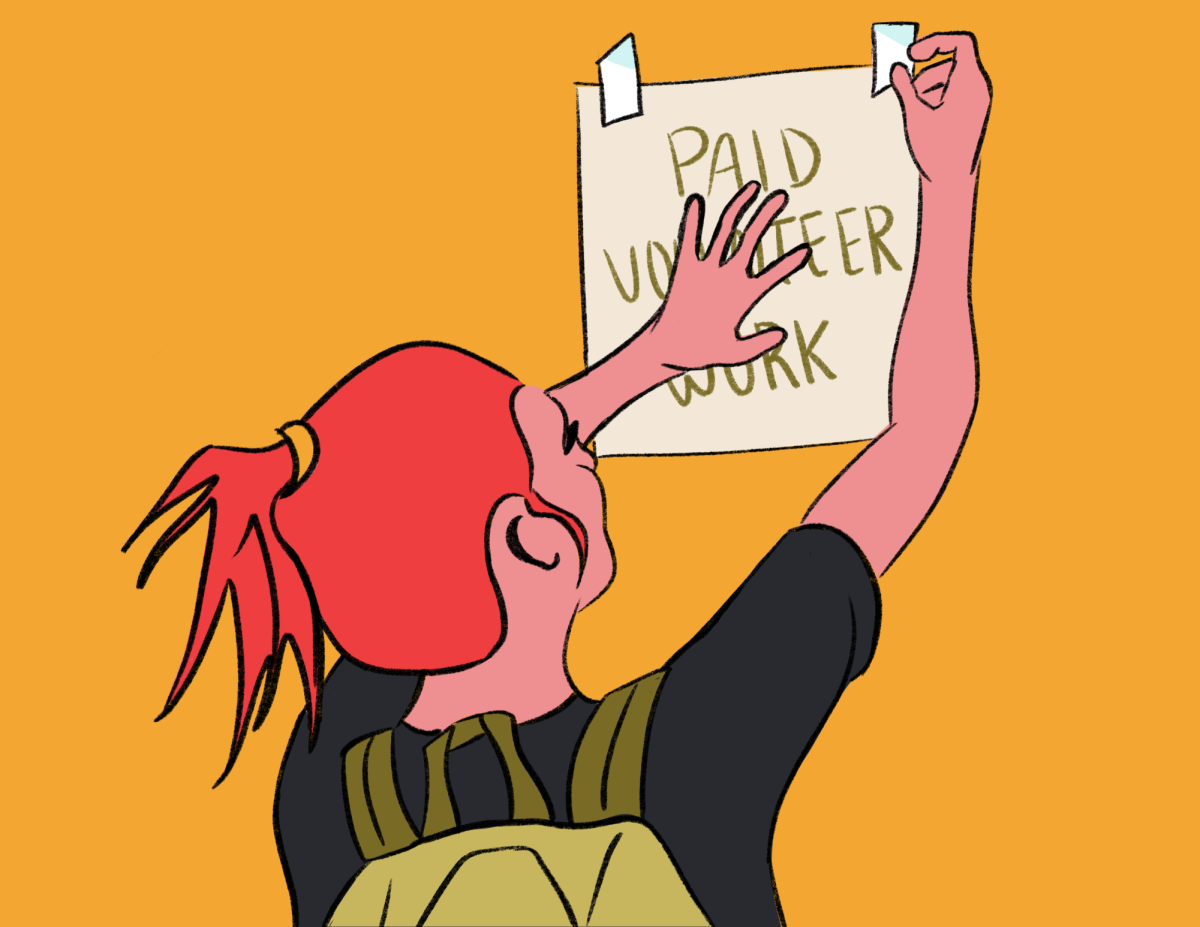Ana Chacon, a resident of Salt Lake City, said her son was diagnosed with a mental illness and sometimes has violent episodes. With problems in the current mental health care system, she’s worried her son will end up in a criminal institution.
“There needs to be more awareness on mental illness, because often, people don’t understand what it is,” Chacon said. “It’s not a physical illness that can be seen. People with a mental illness shouldn’t be treated as criminals.”
Chacon attended a panel at the Hinckley Institute of Politics on Tuesday where representatives of the justice system and mental health agencies said a myriad of problems are plaguing the mental health care industry in Utah. Representatives of the justice system were Judith Atherton, a judge in the 3rd District Court; Fin Gill, chief city prosecutor for Salt Lake City; Brian Miller, mental health director for Salt Lake County; and Ron Bruno, a detective for the Salt Lake City Police Department. Sherri Whitwer, an executive director of the NAMI program in Utah represented mental health agencies in the panel.
The current solution for mental health care isn’t cost effective for taxpayers, panelists said, and because access to care is limited in communities across the United States, the mentally ill are often forced to turn to the prison system for support.
Gill stressed that those with a mental illness need assistance before substance abuse or an isolated outburst puts them in prison.
Instances where mental illnesses have led to prosecution are a direct result of inadequacies in community mental health programs such as under funding and a lack of communication between services, Miller said. Because of this, many have now been passed along to jailers.
“This is a problem of epidemic proportions,” Miller said. “And you find that there is consensus between social workers and sheriffs.”
Miller said sheriffs have asked him if they were the chief jailers in their counties or if they were the directors of mental health, because their title is now requiring them to fulfill both positions.
Bruno said that rarely do those suffering from mental illness wake up and say, “I’m going to commit as many crimes as I can today.” Instead, he said their crimes are a consequence of their mental illness and weak support systems before the crime is committed.
For the past seven years, the justice system has started referring prisoners showing significant signs of mental illness to the mental health court in Salt Lake City. The court attempts to solve the high presence of mentally ill inmates by referring those who qualify to rehabilitation centers or by meeting their needs to keep them out of the system.
“The value of (the court) is the experience of doing the right thing,” Atherton said. “We’re helping people who have not been addressed, other than in the criminal system.”
 Tyler Cobb
Tyler CobbHon. Judith Atherton, Brian Miller, Ph.D, and Sam Gill were part of Tuesdays panel on mental illness awareness. The panel discussed how mentally ill patients are often forced into the prisons system for help.














